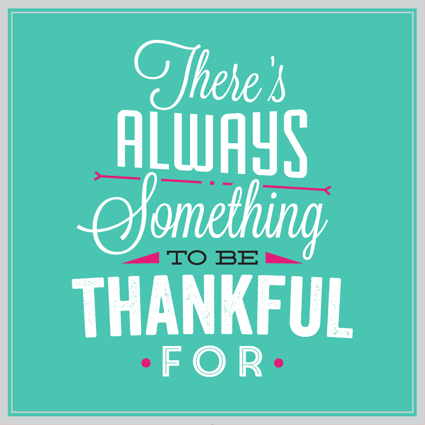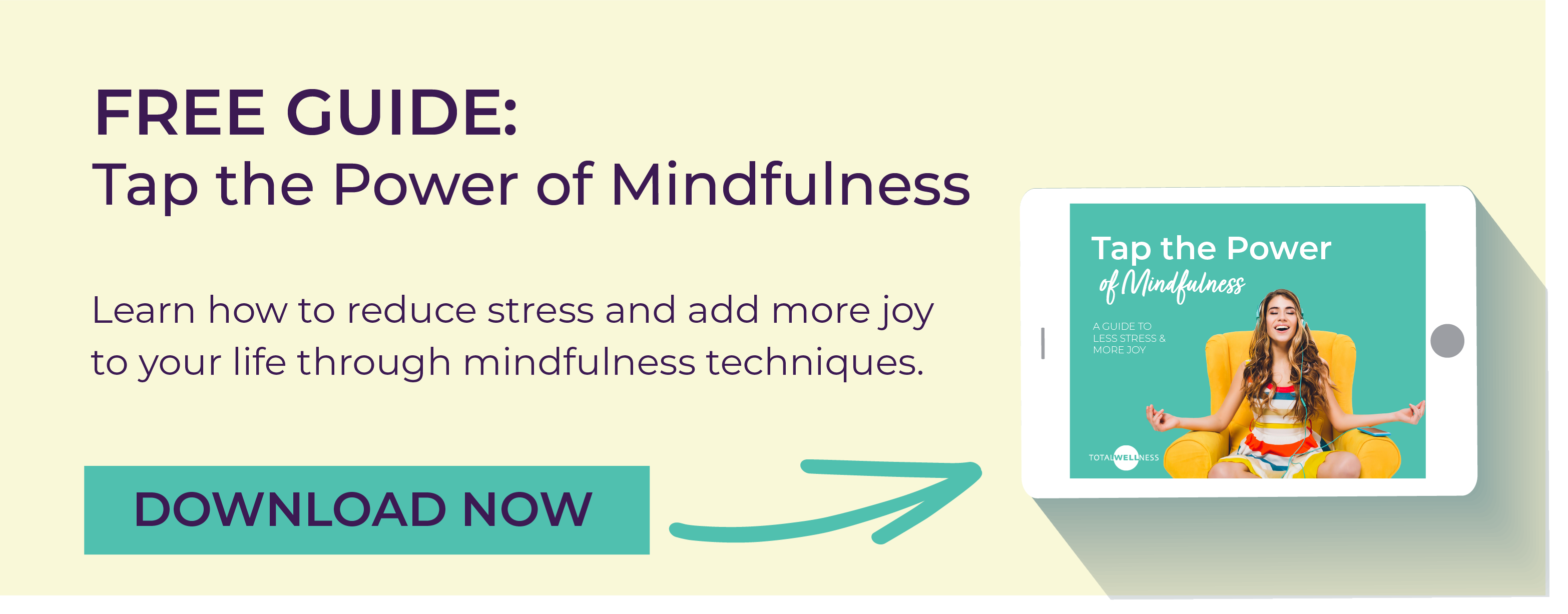 When was the last time you gave thanks?
When was the last time you gave thanks?
Research shows gratitude benefits us in more ways than one. As we go into the Thanksgiving and holiday season, it’s a great time to reflect on what we’re thankful for in life. It’s also a prime time to start reaping some gratitude practice benefits — including improved sleep and major mental health perks.
In a season that is often rushed and frantic, now is an ideal time for employers to encourage team members to slow down. It’s a good reminder for everyone trying to wrap up end-of-year projects between travel plans, holiday prepping, and event scheduling.
This post shares the benefits of gratitude reflection, including how it impacts relationships, productivity, positivity, and overall mental health.
What is a Gratitude Practice?
When you express gratitude, you give thanks for what you have. That can be in a moment, such as saying thank you for someone holding the door, or an appreciation for life overall during reflective moments.
A gratitude practice is simply any moment where one gives thanks. This can be done quietly, aloud, and in a variety of formats.
Examples of gratitude practices:
- Prayer
- Gratitude journal
- Doing a kindness for another person
- Meditating on the positive parts of your life
Whether tangible or not, giving gratitude for what you receive in life is an action that can be practiced daily.
How Can I Practice Daily Gratitude?
As with many activities in life, you have to make time for a gratitude practice. It’s best done when you have a moment of quiet time to reflect without disruption.There are a variety of exercises, journals, and prompts you can try to get into a daily gratitude practice.
Ways to practice gratitude may include:
- Prayer - Take a moment to spend quiet time reflecting or praying to a higher being.
- Meditation - Sit quietly or work through a gratitude guided meditation to reflect on what you have in your life.
- Journaling - You can purchase a specific gratitude journal or simply use a blank notebook. Write down three things you’re thankful for each day. Or, consider finding online prompts to try and have those guide your writing exercise.
- Gratitude jar - This simple gratitude practice is great solo or for the whole family or even in a workplace. Each day, take a slip of paper and write down one thing you’re thankful for in your life. Then, drop it in the jar. As it fills up, you’ll be able to feel a growing sense of gratitude for all that you have.
- Quiet walk - During walks, the body benefits from movement and quieting of the mind and listening to nature. During walks, consider the blessing of being able to physically move the body.
- Gratitude mapping - This is a fun visual way to see what you have to be thankful for in life. Create a sort of vision board with pictures and clippings of things you’re grateful for in your everyday life. It doesn’t need to be extravagant. You can also make a digital version, too.
- Monthly gratitude letter - Each month, think of one person whose kindness made a difference in your day or life. Write them a letter of gratitude and send it to them. It can be an email or handwritten. Whether it’s a friend, family member, colleague, former teacher, or some other mentor, they will no doubt smile when they read your letter.
Many people start their day with prayer, meditation, or journaling before they even get out of bed. Doing it first thing in the morning ensures you won’t have an excuse not to do it later. It also starts your day off on a positive note.
Gratitude Benefits That Make a Difference
If you’re open to trying a gratitude practice, you’ll find it has both physical and mental benefits. Those who practice living with a grateful heart often find themselves happier, healthier, and enjoying stronger relationships.
Here’s how gratitude benefits you:
- Boosts workplace productivity - If you’re a leader, say thanks often to your team. Doing so will produce employee productivity by up to a whopping 50% if they hear gratitude from a supervisor.
- Increases optimism - When you share your thankfulness, it can easily make you smile. Looking on the sunny side has extra health perks, including aging better, a 2019 study found. It also will make you 25% happier, according to Dr. Robert Emmons, a psychology professor at University of California, Davis.
- Improves mental state - Even in hard times, an attitude of gratitude can add to your ability to bounce back. Studies have shown those who are terminally ill cope better when they practice gratitude. Additionally, they recover from procedures faster.
- Strengthens relationships - If you regularly show appreciation in your relationships (platonic or romantic), the other party is often thankful in return. Studies show practicing thoughtful gestures leads to improved relationship quality, especially in romantic relationships. Expressing appreciation often is part of a healthy, strong relationship.
- Boosts your immune system - Your body will thank you for being thankful by boosting its immunity. The Mayo Clinic reports that practicing gratitude can improve your immunity and decrease disease risk.
- Helps you sleep much better - When there’s so much going on, it can feel like your world is hectic and out of control. Practicing gratitude can help you center your mind and learn to better accept your life in the moment. Two psychologists, Robert Emmons and Michael McCullough, asked those with neuromuscular disorders to make nightly gratitude lists. After three weeks, participants felt they were getting more refreshing sleep.
- Reduces spending - When you’re not always on the lookout for the newest gadget or must-have item for your household, you’re more likely to save money. Gratitude can increase your contentment and minimizes your need to have to constantly spend more.
Related: Your Guide to Cultivating Gratitude in the Workplace
With Time, Gratitude Gives Back
As you start honing your gratitude practice skills, you’ll start noticing the benefits more often. Think of it as a way to add a new healthy habit — like exercising or eating well — and include it in your daily to-do for a more satisfying day.
Doing this on a regular basis will make it easier to cultivate and recall moments you were thankful for throughout the day. Too often, we spend time thinking about what we need, what we don’t have, and what we want, so that we don’t take the time to pause and think about what we actually do have.
If you want to see colleagues have an attitude of gratitude, cultivate it. Lead the way by example. Demanding gratefulness won’t get them to change their behavior. Instead, show and don’t tell for the most positive effect.
Lastly, when you make gratitude practices a daily habit, you’ll find your mind focuses on more of what you have and less of what you lack. The result? A happier, more satisfied — and more thankful — you.
Recognizing what makes you grateful is one way to live a more fulfilling life. What are you most thankful for?



